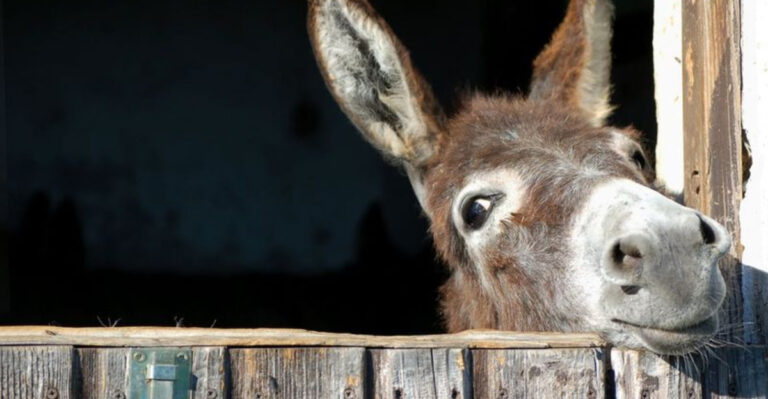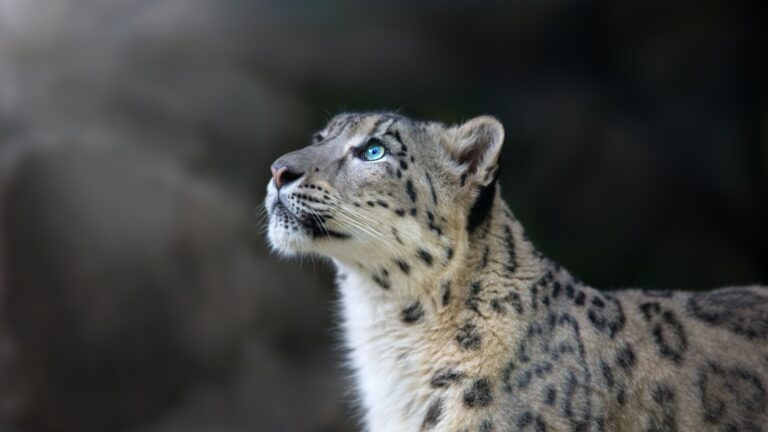14 Key Dietary Tips To Keep Your Cat Healthy For Years
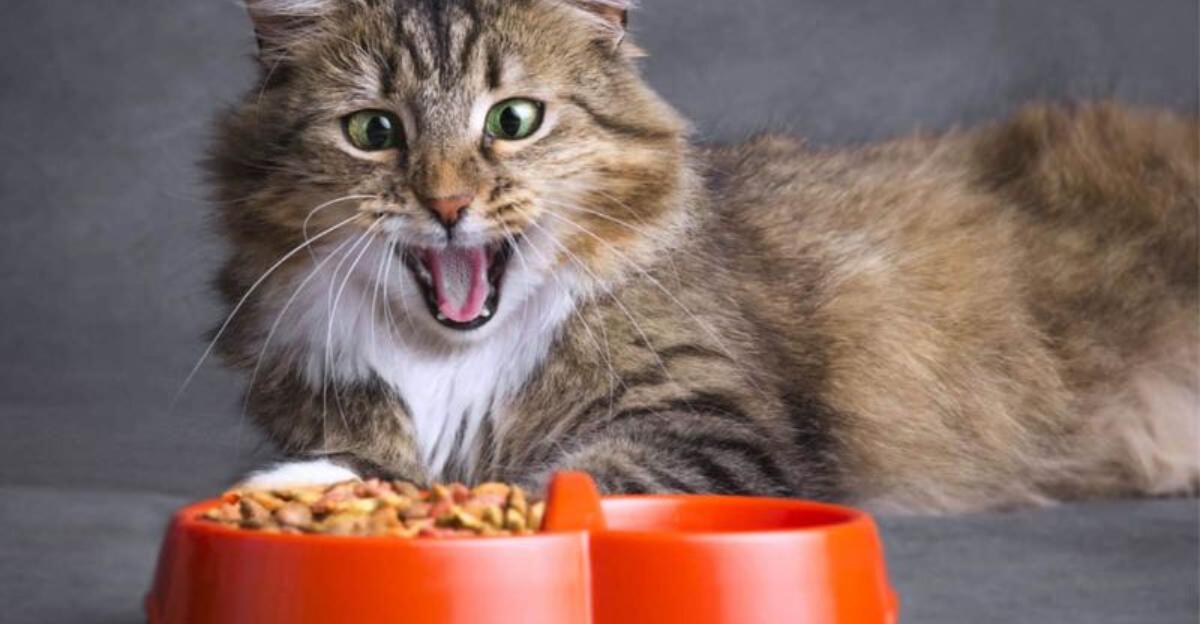
Does your feline friend reign as the king or queen of your heart? Keep them healthy and happy with these essential dietary tips.
Nourishing your kitty is more than just filling a bowl—it’s a commitment to their vitality, longevity, and zest for life.
1. Hydration Is Crucial
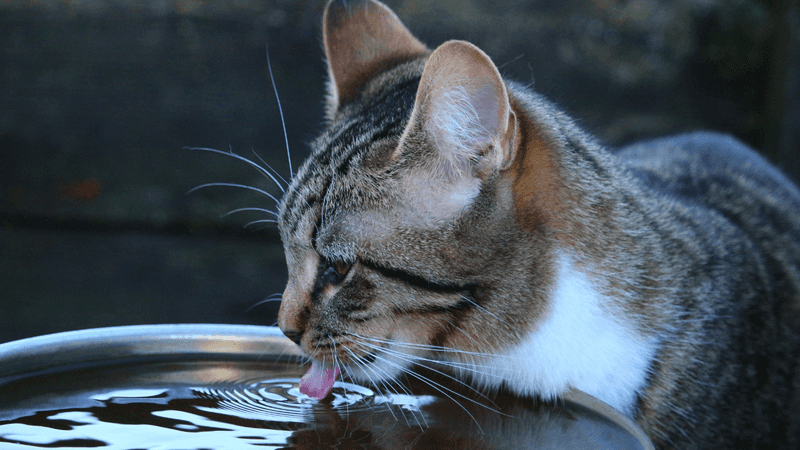
Water is more than hydration; it’s life! Cats often forget to drink enough. Encourage them by adding water bowls in every room.
Try a pet water fountain for fun. Cats love moving water, and fountains can make drinking irresistible. Hydrated cats have shinier coats and more energy. Keep your kitty purring with the pure power of water.
2. Protein Power
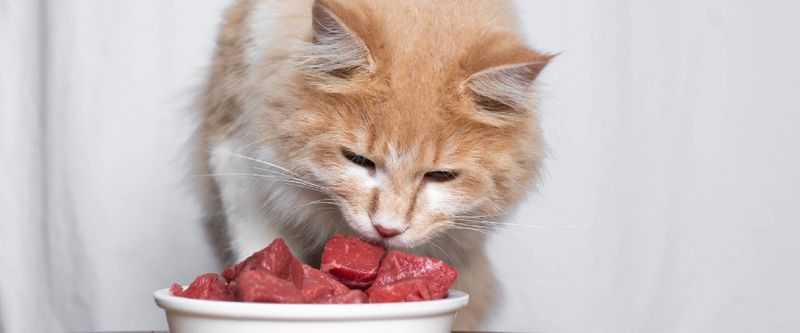
Cats are obligate carnivores. Make protein their diet’s star! Chicken, fish, or beef should be at the base of every meal. Protein supports strong muscles and active playtimes.
Look for foods with named meats as primary ingredients. Avoid mystery meat meals. Protein isn’t just food; it’s the fuel for endless adventures and feline frolics.
3. Balanced Diet
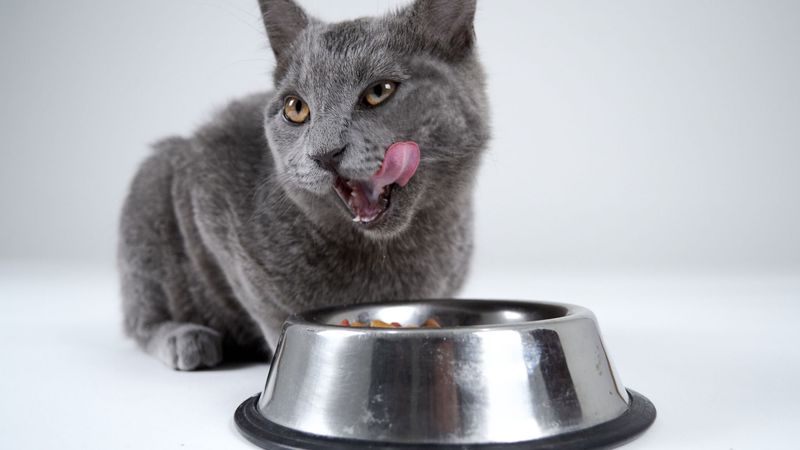
Balance is beauty, even in a cat’s diet. Include proteins, fats, and carbohydrates. Vegetables like carrots and peas add fiber and fun.
Watch portion sizes—overfeeding leads to lethargy. A balanced diet means a balanced cat. Keep meals varied and nutritious. Your kitty’s health reflects the love served with each balanced bowl.
4. Regular Feeding Schedule
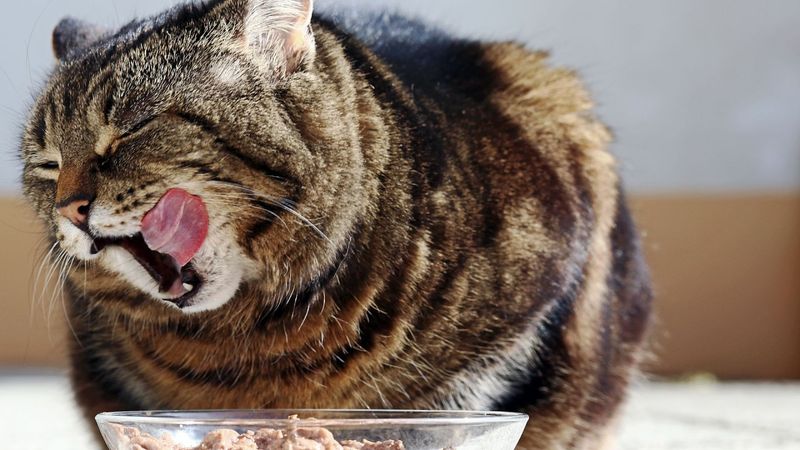
Cats thrive on routine! Set regular feeding times to keep your kitty’s stomach and mood in sync. Predictability reduces stress and helps digestion.
Avoid free-feeding; it may lead to overeating. Keep meals consistent to maintain a happy, healthy feline. Regular schedules are keys to harmony in your home and your cat’s contentment.
5. Watch The Treats
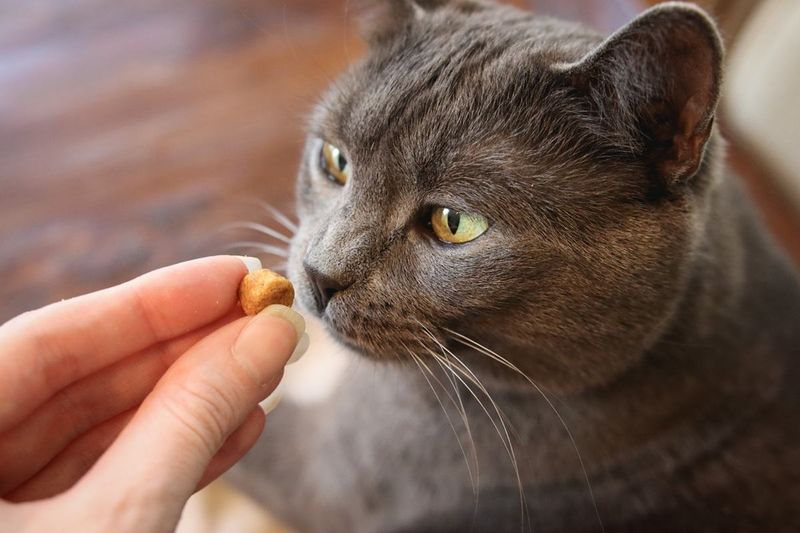
Treats, treats, treats! They’re irresistible, but moderation is essential. Use them for training or special occasions, not daily indulgence.
Excess treats can lead to obesity and picky eating habits. Opt for healthy, natural treats free from artificial additives. Treats are for delight, not a diet staple. Keep your kitty’s treat intake in check.
6. The Right Fat
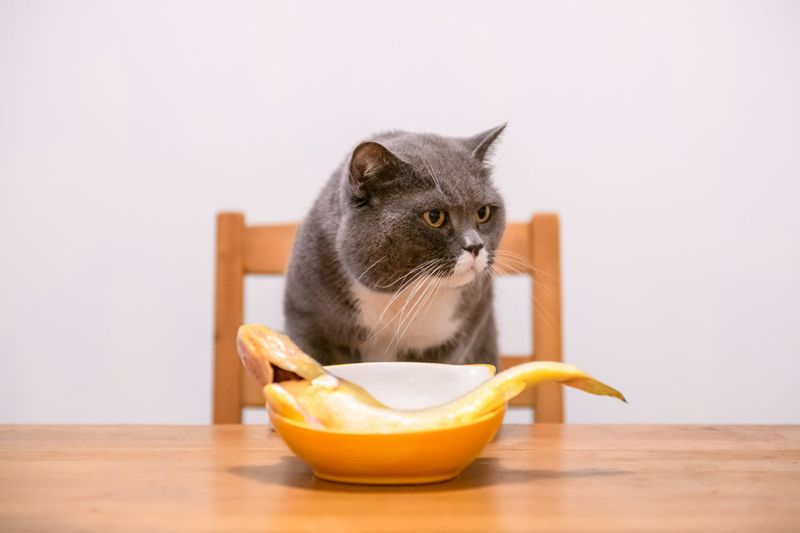
Fats are fabulous when chosen correctly. Omega-3 and omega-6 fatty acids are vital for skin and coat health. Include fish oil or flaxseed oil sparingly in their diet.
Healthy fats boost brain function and keep coats glossy. Avoid high-fat junk foods. Instead, make fats your feline’s friend, not foe, in the right amounts.
7. Dental Health
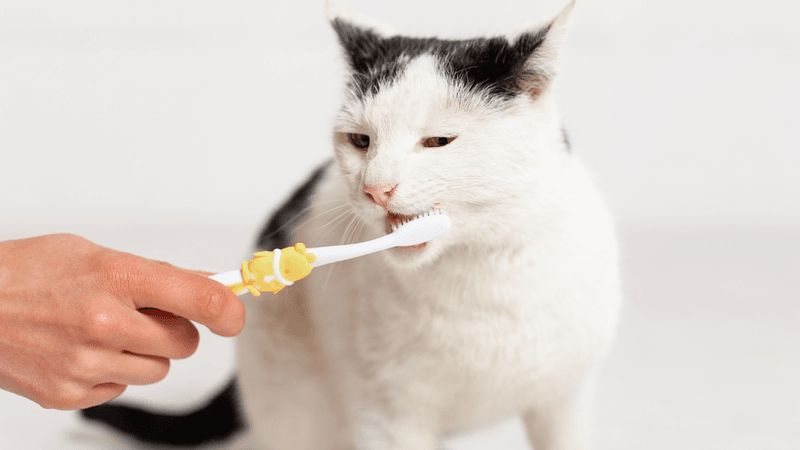
Don’t overlook dental health! Crunchy kibble or dental treats can help prevent plaque. Regular vet check-ups for teeth cleaning are essential. Bad breath isn’t just unpleasant; it’s a health warning. Healthy teeth mean a pain-free life and a happier cat. Dental care isn’t optional; it’s a daily dose of love and health.
8. Age-Appropriate Nutrition
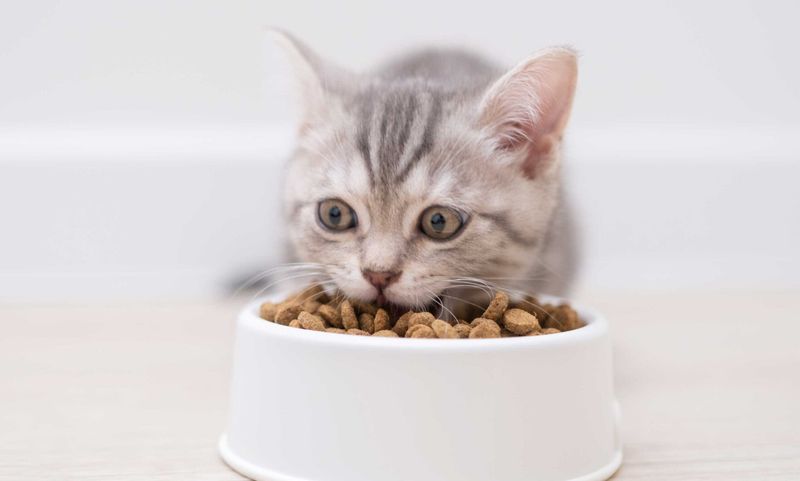
Kittens need growth fuel; seniors need joint support. Age matters! Tailor their diet to their life stage. Younger cats require more calories and proteins, while older cats benefit from joint supplements and less fat.
Age-specific diets ensure they get the right nutrients. Love them through each life stage with nutrition that matches their needs.
9. Quality Over Quantity
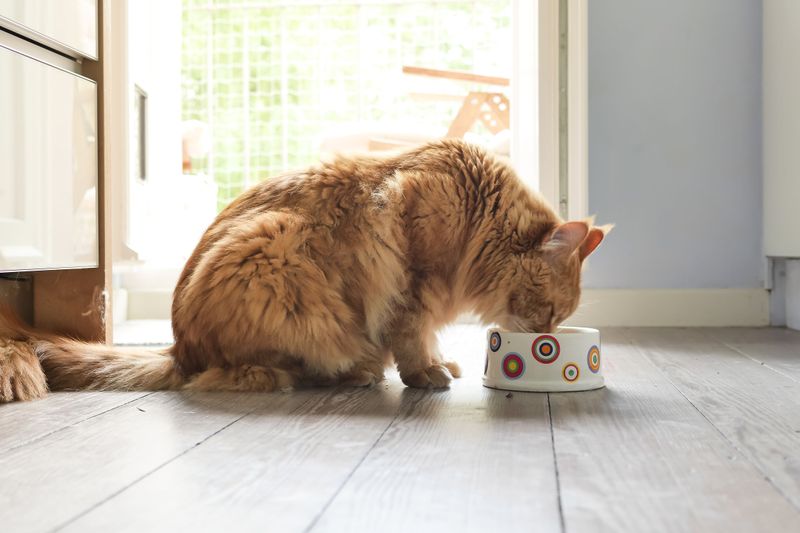
Choose quality, not just quantity. High-quality cat food with real ingredients ensures better health. Avoid foods with fillers, artificial flavors, or preservatives.
The best foods have clear, named ingredients. Quality meals mean fewer health issues and a longer life. Feed them food worthy of their royal status—because your cat deserves the best.
10. Monitor Weight
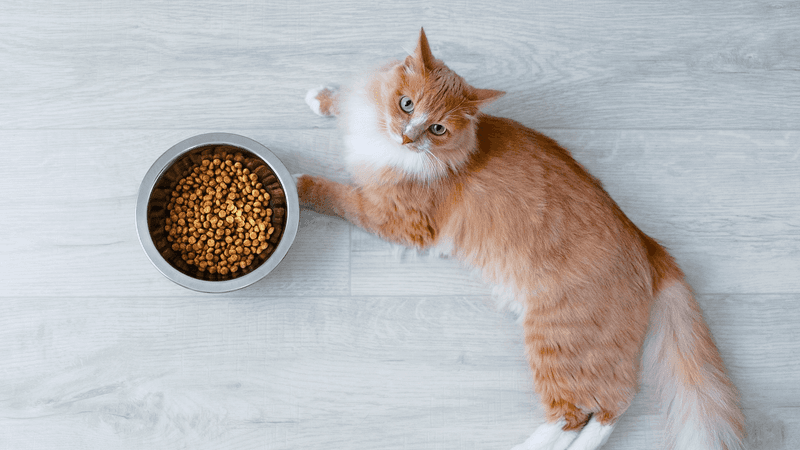
Keep an eye on the scale! Both underweight and overweight cats face health risks. Regular weight checks prevent issues like diabetes or arthritis.
Adjust portions if your kitty gains or loses weight suddenly. Consult your vet for weight management advice. A healthy weight keeps your feline agile and reduces the risk of illness.
11. Raw Diet Caution
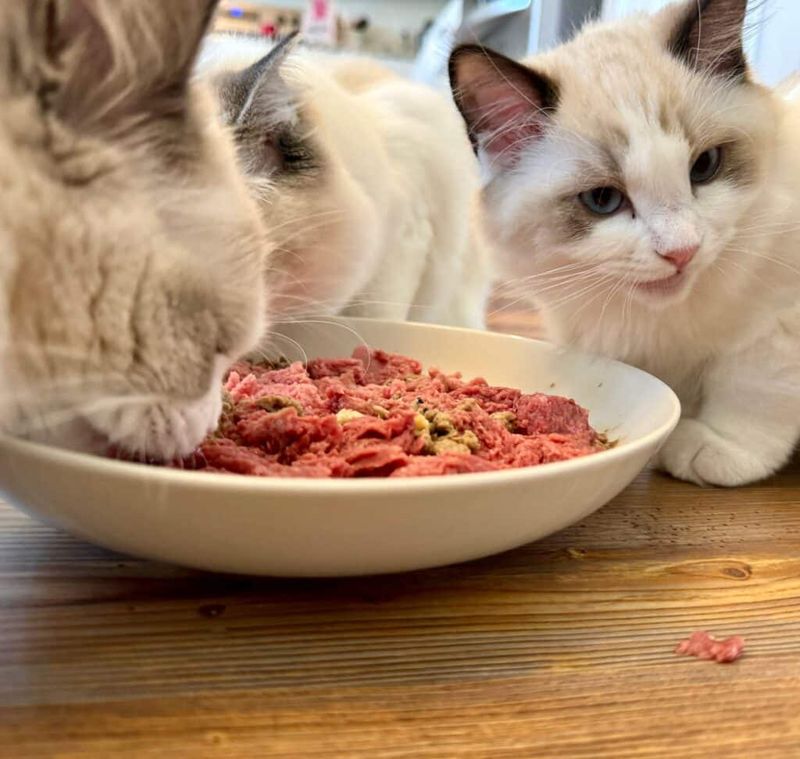
Raw diets are trendy but risky. Ensure raw meats are fresh and handled safely. Bacterial contamination can pose health risks. Consult your vet before switching.
Some cats thrive on raw diets, others don’t. Balance is key; consider all factors. Raw doesn’t mean reckless—prioritize your pet’s safety and health above dietary trends.
12. Variety Is Vital
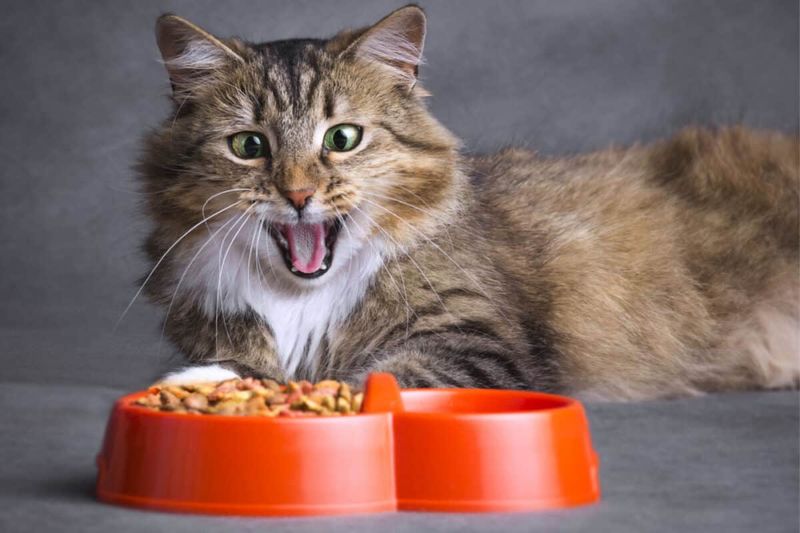
Spice up your cat’s meal plan! Offer different textures and flavors to prevent boredom. Mix wet and dry foods. Variety ensures a balanced intake of nutrients.
A monotonous diet risks nutrient deficiencies. Keep mealtime exciting and nutritious. A diverse menu isn’t just fun; it’s fundamental for feline felicity. Celebrate with every flavorful feast.
13. Check For Allergies
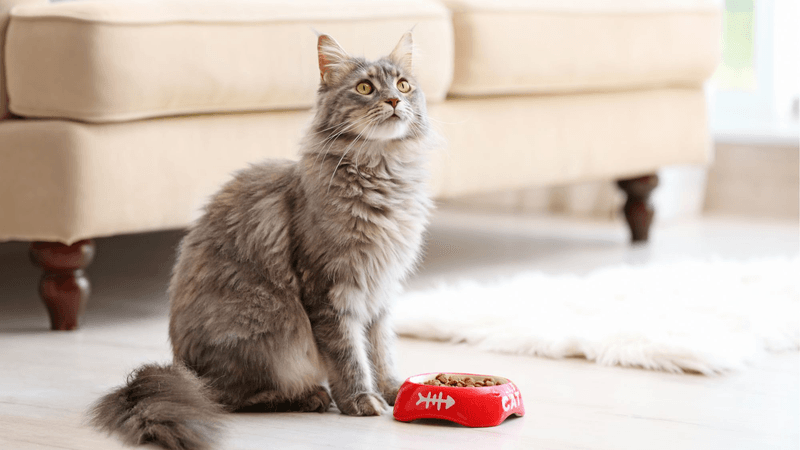
Allergies can be sneaky. Watch for signs like itching or digestive issues. Common culprits include grains, dairy, or specific proteins.
Conduct allergy tests if symptoms persist. Switch to hypoallergenic diets if needed. Allergies affect mood and health; don’t ignore them. Your detective work ensures a happy, itch-free kitty. Food sensitivities require proactive solutions.
14. Consult Your Vet
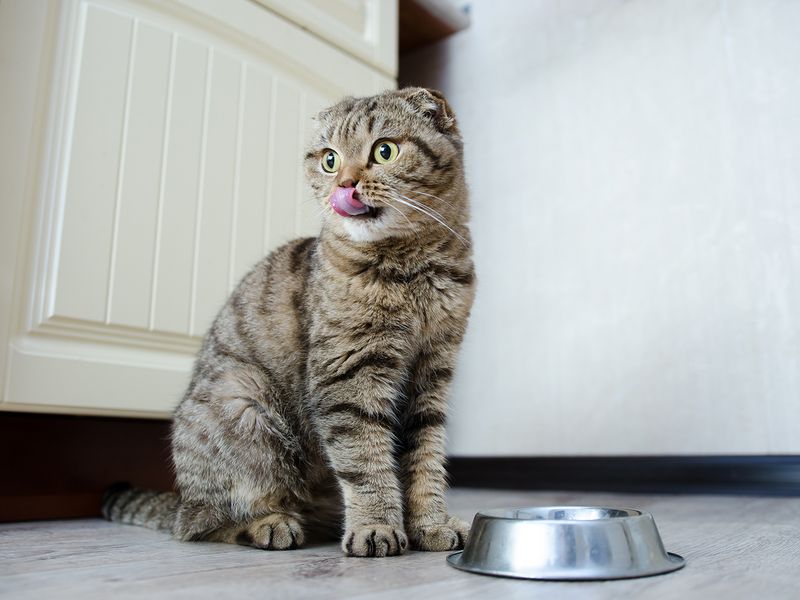
Your vet is your ally in dietary decisions. Regular consultations ensure your cat’s diet meets all their unique needs.
Vets provide tailored advice on weight, age, or health conditions. Don’t guess; ask an expert. A vet’s insight might reveal underlying issues. Trust their expertise to guide your cat’s nutritional journey. Partnership leads to purrfection.

